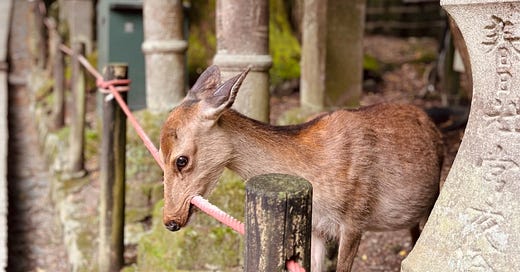Korean Public Opinion on Japan Still Fragile
Dissymmetry as Japanese opinion towards Korea improves while Korean opinion towards Japan remains mixed.
Summary: Public opinion of Koreans towards Japan and of Japanese towards Korea has both improved this year as the two countries have mended their broken relationship. But Koreans are still more skeptical of Japan than vice versa. The relationship could still fracture if Japan doesn’t do its part.
One of the biggest developments in Korean foreign policy t…
Keep reading with a 7-day free trial
Subscribe to Korean Policy and Culture: The US-Korea Policy Project to keep reading this post and get 7 days of free access to the full post archives.



